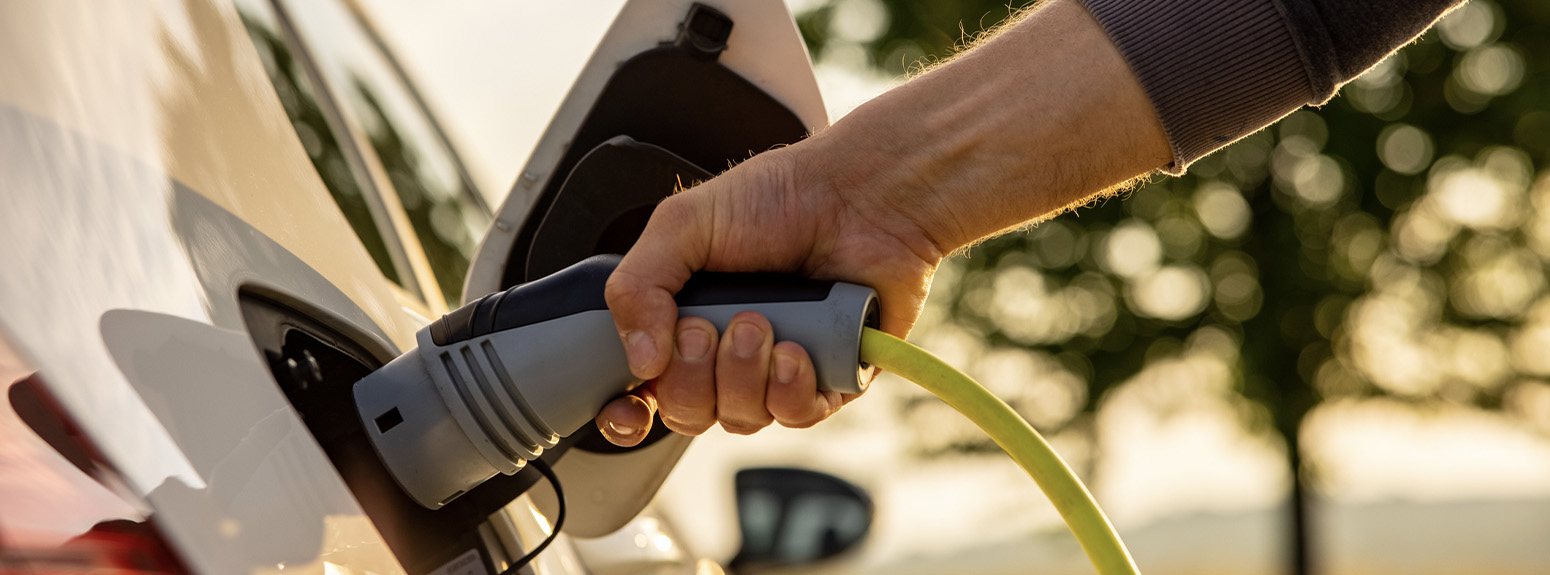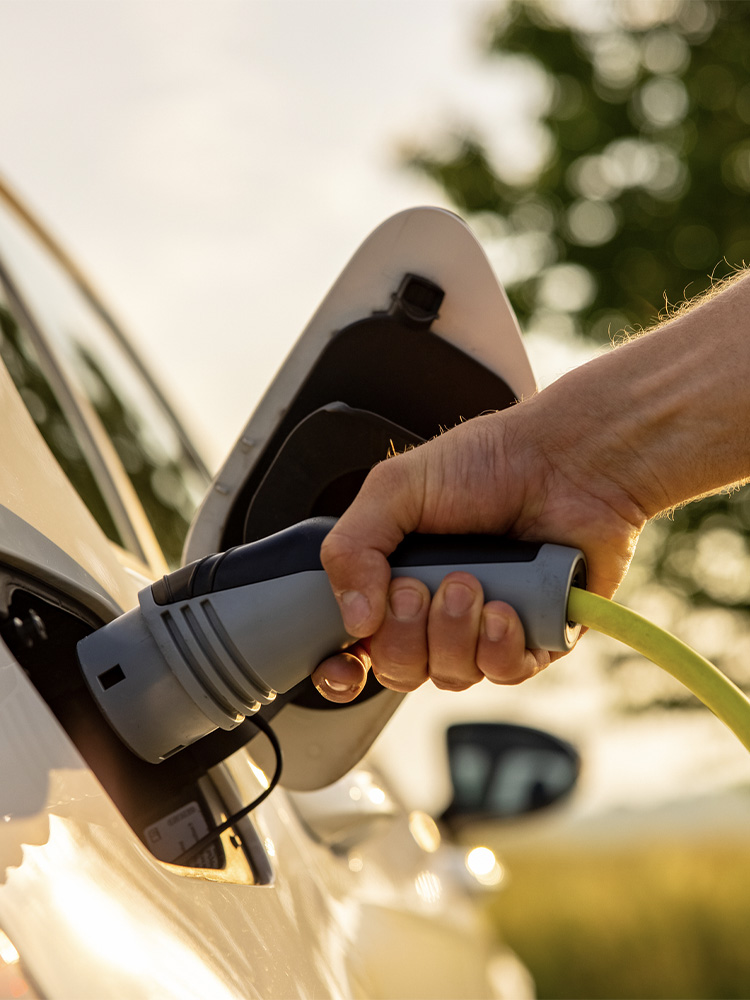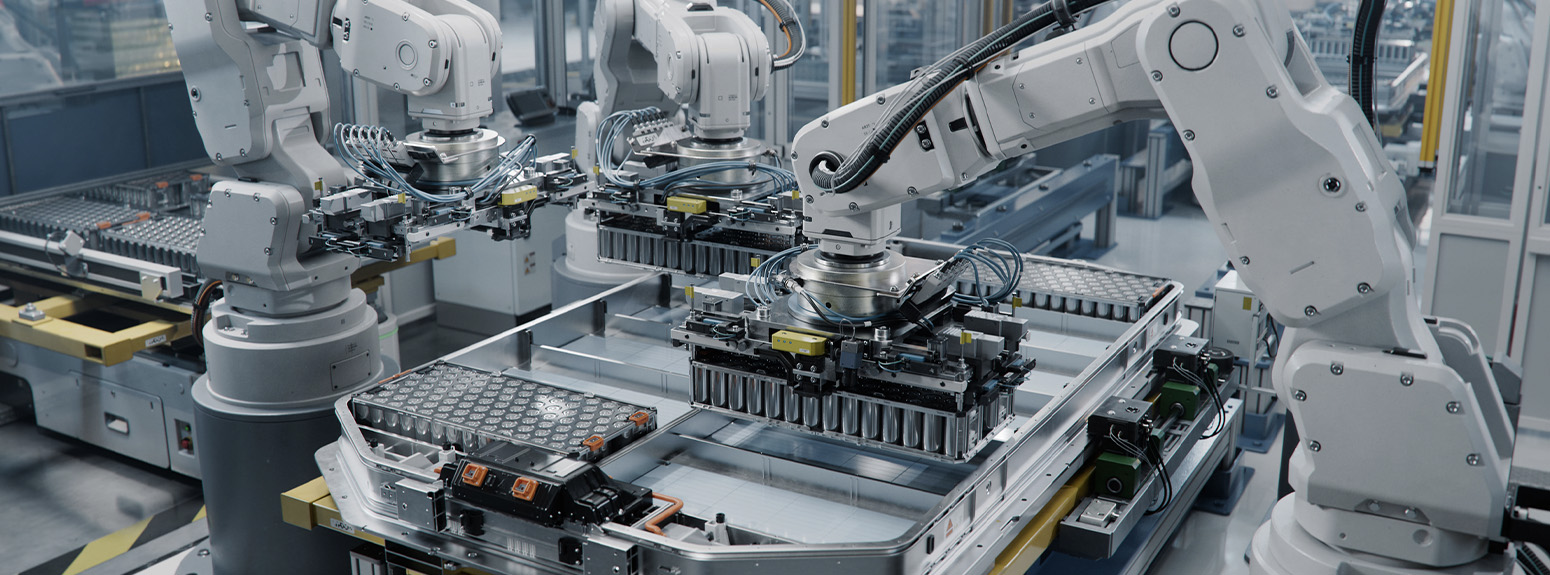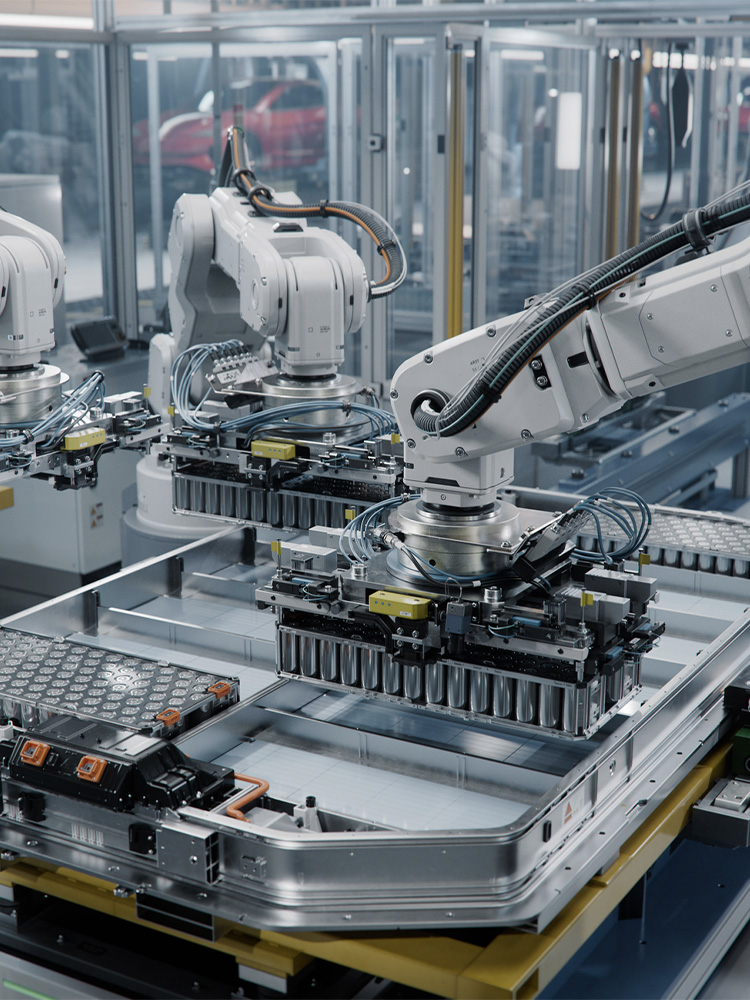Download the report "EV Batteries"
This study highlights how the decarbonization of transport and energy is a crucial objective, and how the electrification of mobility is essential to reducing emissions.
Report by Intesa Sanpaolo Innovation Center
The Energy Transition: Why It Is Essential for the Future and the Role of Electric Vehicles in the New EV Batteries Report by Intesa Sanpaolo Innovation Center


The energy transition is a global necessity to combat climate change and reduce CO₂ emissions. The electrification of transport, through electric vehicles (EVs), is one of the key strategies to achieve the goals of the European Green Deal and the Paris Agreement.
The EV Batteries – Industry Trends Report, produced by Intesa Sanpaolo Innovation Center in collaboration with Frost & Sullivan, highlights how the decarbonization of transport and energy are interconnected and mutually dependent objectives.
Electric vehicle batteries are the core component that determines the range, safety, and sustainability of EVs. Innovation in battery technology is essential for the success of electric mobility and the overall energy transition.
Lithium-ion batteries dominate the electric vehicle market, offering good performance but also presenting certain environmental and economic challenges.
Research is developing new technologies for safer, more affordable, and more sustainable batteries:
• Sodium-ion batteries: lower costs and increased safety.
• Solid-state batteries: higher energy density and enhanced safety.
• Lithium-sulfur and redox flow batteries: ideal for long-range mobility and stationary energy storage.


Gigafactories are large-scale production plants that have drastically reduced the cost of electric vehicle batteries. However, the global supply chain remains vulnerable due to the concentration of raw materials in a limited number of countries.
To reduce geopolitical risks, manufacturers are focusing on vertical integration, onshoring, and local battery recycling.
New factories are adopting renewable energy sources and low-emission processes. The Digital Battery Passport will ensure material traceability and transparency throughout the supply chain. Recycling enables the recovery of up to 90% of valuable metals. Used batteries can be repurposed for stationary energy storage systems, contributing to the circular economy.
Electric vehicle batteries are a key infrastructure for the energy transition and decarbonization. Innovation, sustainability, and recycling are the keywords for the future of electric mobility.
Report by Intesa Sanpaolo Innovation Center